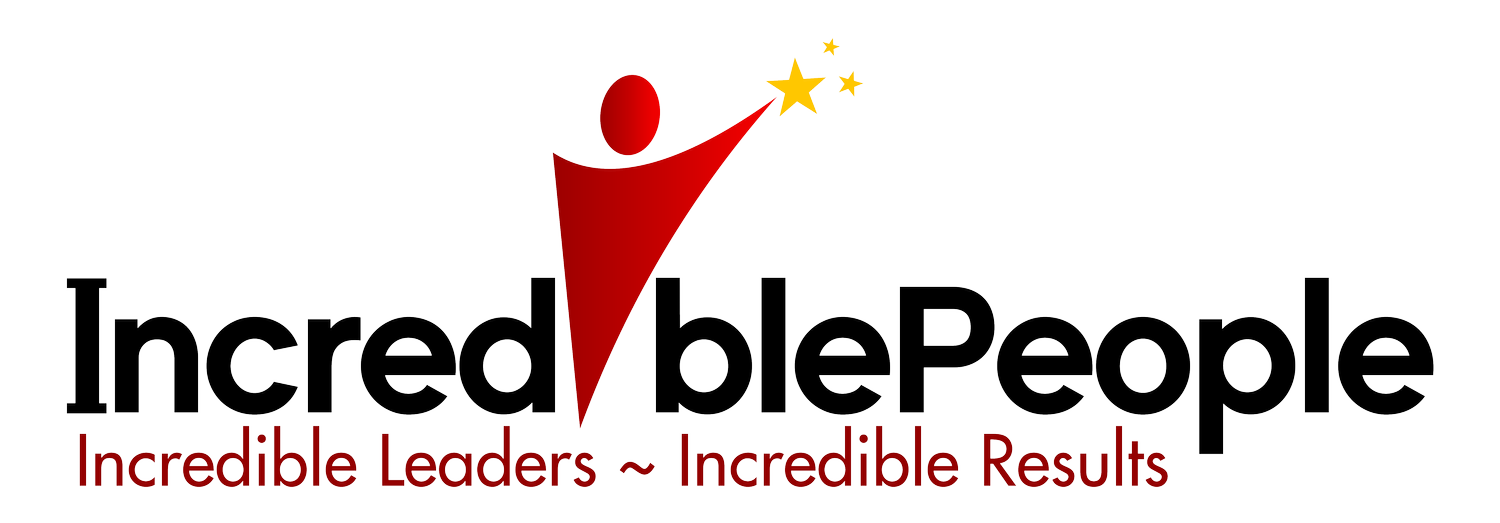The Ripple Effect: How Leadership Impacts on Teams, their Families and Workplace Culture
I love seeing the transformation of leaders when they are given the tools and techniques to lead more confidently and more effectively. But it’s the ripple effect of positive influence that leaders can have on the people around them that motivates and inspires me every day as a leadership coach and trainer.
When a client came to my coaching practice 15 years ago seeking a better work-life balance, finding a solution required taking a deep dive into her business and how she ran it. Her time was consumed with worrying about low morale and continually recruiting and training new people. She was mentally drained which was taking its toll on her young family.
So, I asked questions to gather information about her employee’s exit feedback; how she knew there was low morale; what systems she had in place for delegating work and what she did when work was not to the standard she expected. Although her industry was renowned for high turnover, I discovered her business lacked systems for onboarding new people, assigning work, and didn’t give performance feedback in a way that supported growth.
After five months of coaching and working with her to implement effective systems and processes, developing feedback and effective leadership techniques, my client’s business saw a halt in turnover and the emergence of a supportive team that worked collaboratively. And as a result of this, she was able to achieve her goal of working less hours in her business and spending more focussed time with her family.
From that moment, when I saw the positive ripple effect that good leadership can have, not just for their own confidence and work-life balance, but on their family and team members, and their team’s families, I knew that leadership coaching was where I wanted to put my energy.
Whether it’s business owners or employees who suddenly find themselves in charge of a team for the first time, being a good leader is usually not something we are trained for. And yet it is the single most important driving factor for organisational success.
A study of more than 600,000 people across multiple sectors published in Personnel Psychology showed that the most effective managers create eight times more value to the organisation.
To become effective managers however, leaders must be given the support, guidance and skills to do so. Organisations and leaders who invest in their development learn how to:
⭐️ Align their time and resources towards strategic goals
⭐️ Creatively overcome challenges
⭐️ Become more astute decision makers
⭐️ Build team accountability
⭐️ Build more genuine relationships
⭐️ Improve employee engagement
All of this not only has a profound effect on an organisation’s bottom line, but it is driven by a productive, collaborative positive workplace culture.
While broad brushed leadership development is an excellent way to lay the foundational skills and mindsets needed to be a great manager, the powerful ripple effect that comes from leadership coaching that is specifically tailored to an individual’s character, capability and workplace is an investment that keeps on giving.
Ready for the next step? Find out how our leadership coaching, training and programs can help you elevate your leadership impact and get in touch with us today.

